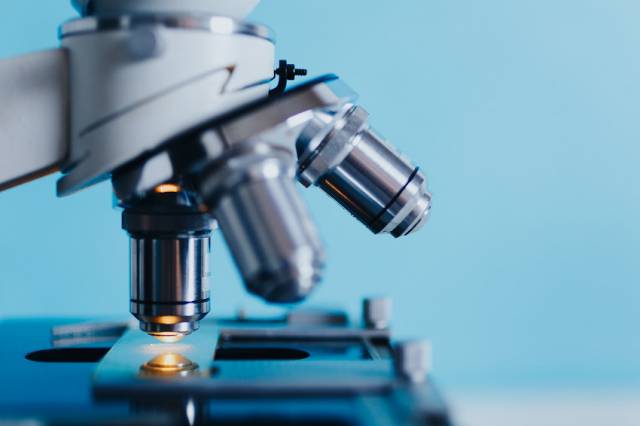The development of an app to help fishermen target areas with fish for which they have quota and avoid fish for which they don’t is just one of the innovations being developed by researchers at the Marine Institute.
The app, presented by Dr Julia Calderwood, is part of the EU-funded DiscardLess project, helping to ensure that the discarding of non-quota fish catches is phased out under the Common Fisheries Policy.
It is just one of many research projects that were presented at the Marine Institute’s Research Symposium on Thursday (24 October).
Seventy researchers from across the institute gathered to present their work, to brainstorm, and to identify ways to work better together.
Researchers presented short overviews and took questions on their work and on the future direction of research at the Marine Institute. There was also a poster session giving further overviews of research.
The institute says its initiative to try to integrate better research across areas such as fisheries science, climate change, oceanography, fish health, seafood safety and ocean chemistry is a critical goal of the its strategy, Building Ocean Knowledge, Delivering Ocean Services.
The Research Symposium featured presentations from principal investigators to PhD students on research projects that support important policy areas for Government. The outputs from a project tracking the migration patterns of bluefin tuna, for example, support key policy areas for the Department of Agriculture, Food & the Marine.
The fate, impact and new approaches to persistent pollutants in the marine environment were also addressed and the outputs of this work support key policy areas for the Department of Housing, Planning and Local Government.
Research that supports the seafood sector was addressed with food safety issues around marine biotoxins being presented. Research into the genetic basis for natural starvation in wild Atlantic salmon was presented which will, through manipulation of diet and temperature, help to reduce the time taken for farmed fish to reach a stage of maturity where they can go out to sea cages, thus reducing grow-out time and costs for the salmon farmer.
Research and innovation is a key component of the Marine Institute’s Strategic Plan 2018-2022, and is aligned to the provision of scientific advice and services.
New Marine Institute chief executive Dr Paul Connolly explained the thinking behind the Research Symposium: “The Marine Institute provides essential scientific evidence and advice to Government and to stakeholders to ensure that we are sustainably managing our marine resources and our extensive maritime territory, which is about 10 times the size of our landmass.
“Our research is central to providing the knowledge we need to inform policy and to address challenges such as climate change and ocean pollution while helping to build sustainable maritime sectors such as aquaculture, ocean renewable energy and marine and coastal tourism.”
The Marine Institute Research Symposium is intended to be an annual event, forming part of the efforts being made to deliver knowledge and services that are safeguarding our ocean resources and supporting a healthy and sustainable ocean economy in Ireland.
































































